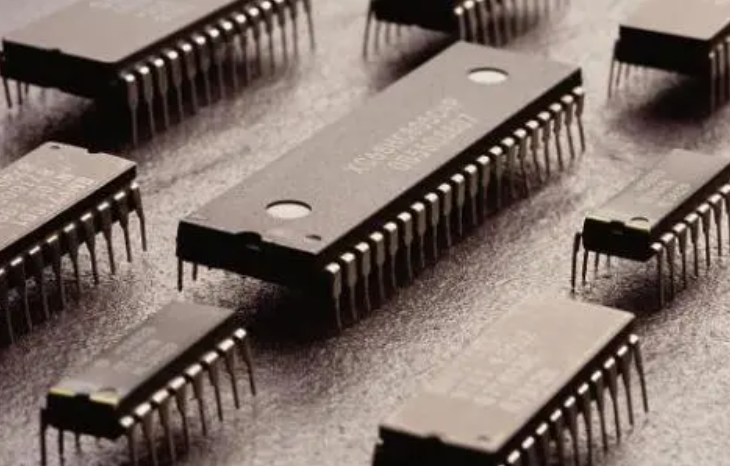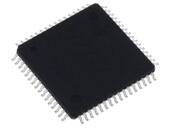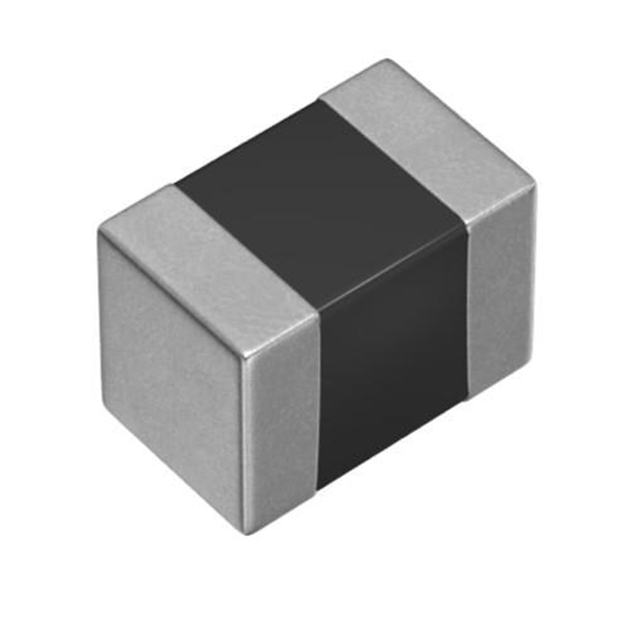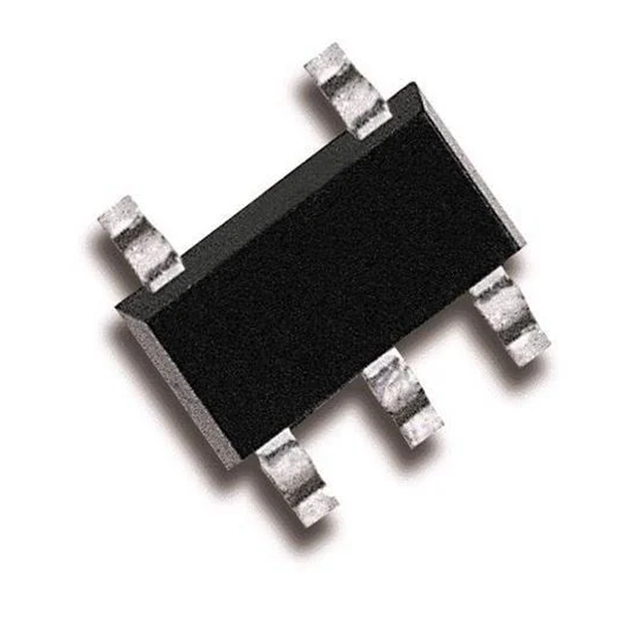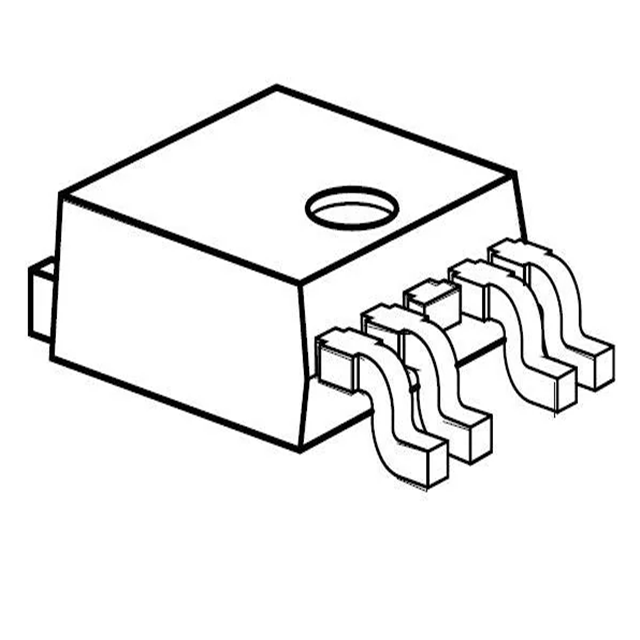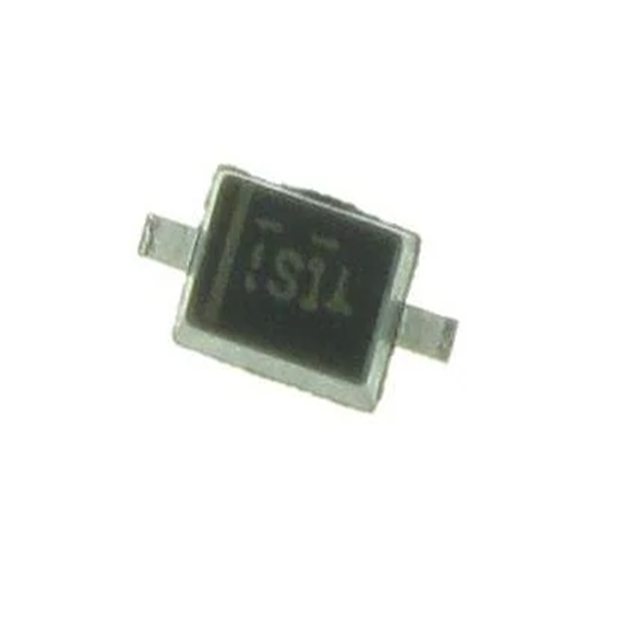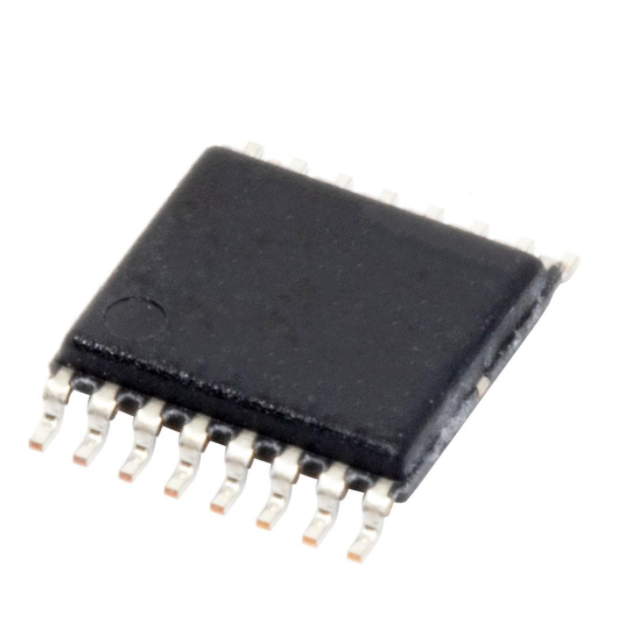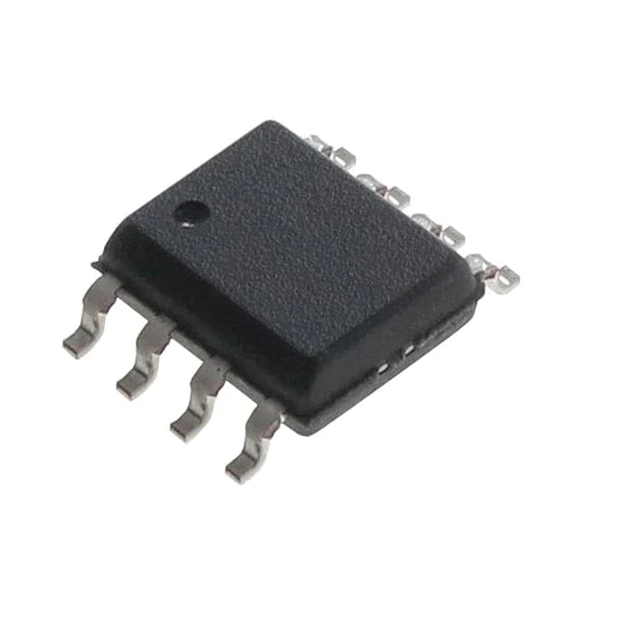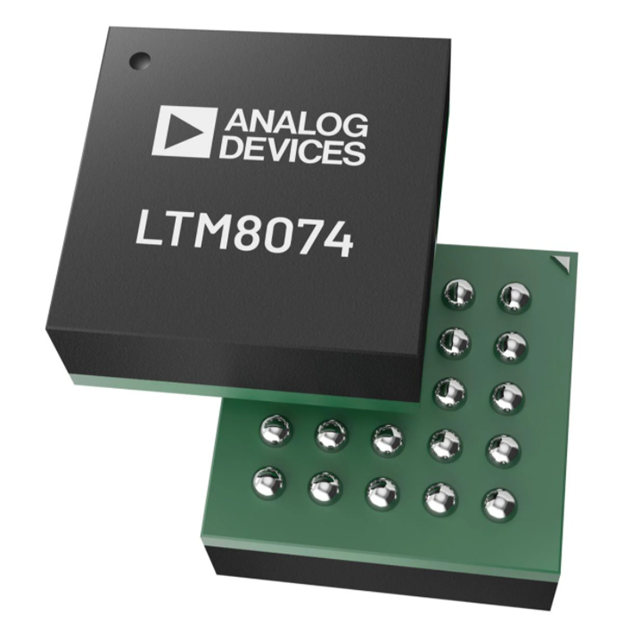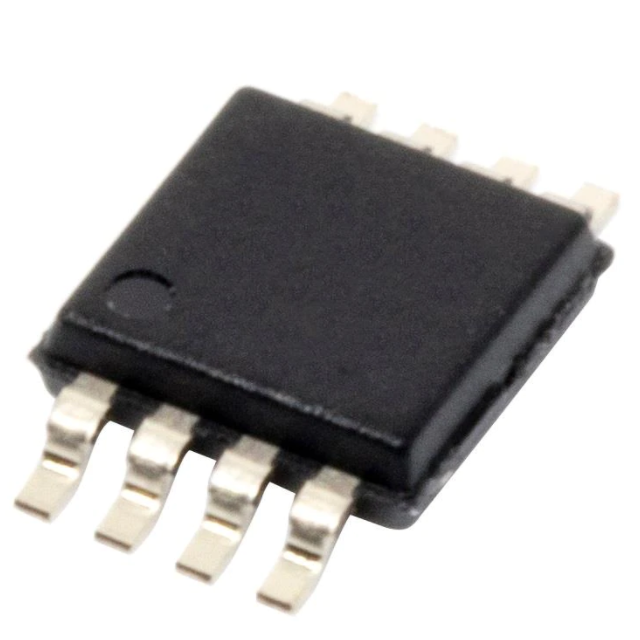Intel launches new generation AI chip Gaudi 3 using 5nm technology
By 2030, the global semiconductor market is expected to reach $1 trillion, with artificial intelligence being the main driving force. However, as of 2023, only 10% of companies have successfully commercialized their AI generated content (AIGC) projects. Intel's latest solution aims to help businesses overcome the challenges encountered in promoting AI projects and accelerate the commercial application of AIGC.
Intel's next-generation Gaudi 3 is designed specifically for AI training and inference, utilizing TSM. US 5nm technology, bringing twice the FP8 AI computing power and four times the BF16 AI computing power, as well as higher network and memory bandwidth. Compared to NVIDIA H100, Gaudi 3 has higher inference performance and faster training speed on popular Large Language Models (LLMs).
It is expected that Gaudi 3 will significantly shorten the training time of Llama2 and GPT-3 models of different scales, and provide excellent inference throughput and energy efficiency on large language models such as Llama and Falcon. Gaudi 3 supports multiple form factors, including OAM compatible mezzanine cards, universal substrates, and PCIe expansion cards, to meet various application needs. Gaudi 3 also provides open, community-based software support and flexible scaling from single nodes to super clusters through standard Ethernet networks to support large-scale inference, fine-tuning, and training needs.
The advantages of Gaudi 3 lie in its high performance, economic practicality, energy efficiency, and rapid deployment capability, which can effectively meet the requirements of AI applications in complexity, cost-effectiveness, data reliability, and compliance. The accelerator is expected to start shipping to OEM manufacturers in the second quarter of 2024, including brands such as Dell, Hyatt, Lenovo, and Superway. At present, Intel Gaudi Accelerator has established cooperative relationships with numerous industry clients and partners such as NAVER, Bosch, IBM, etc.
In addition, Intel has announced the creation of an open platform with multiple partners such as Anyscale and DataStax to drive AI innovation. This platform aims to develop an open, multi vendor supported AIGC system, providing advanced deployment convenience, performance, and value. Intel plans to utilize Xeon processors and Gaudi accelerators to launch a reference implementation for the AIGC pipeline, release a technical concept framework, and further enhance the functionality of the Intel Tier developer cloud platform infrastructure to help enterprises achieve breakthroughs in the field of AI innovation.





